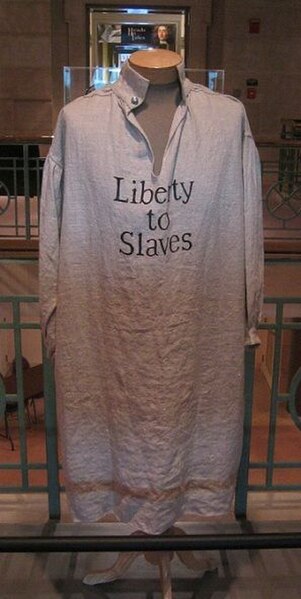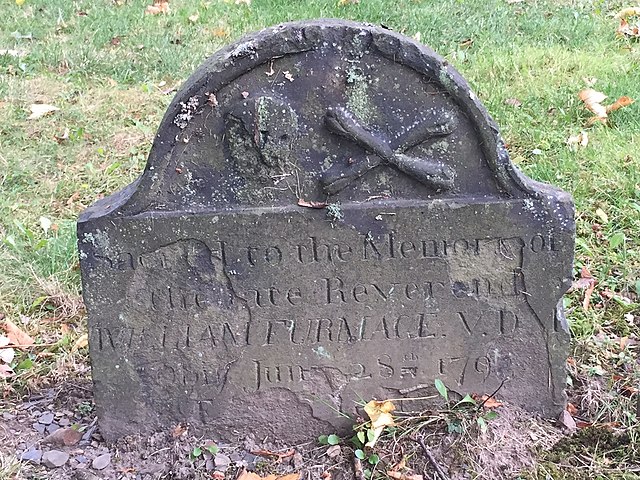Rose Fortune was a child born in or around Philadelphia of runaway slaves. Her parents became Black Loyalists during the American Revolutionary War when they pledged to be loyal to the British Army in exchange for their freedom. At around the age of 10, Rose was among the approximately 3,000 Black Loyalists who sailed from New York City to Nova Scotia in 1783. She had at least three children and is thought to have been married twice. At about 50 years of age she began a business transporting luggage in a wheelbarrow from the Annapolis ferry docks to hotels and houses. By the early 1840s, she was using horse-drawn carriages to convey the luggage. She became the first female police officer in North America when she instituted and enforced curfews to keep the streets safe at night. Fortune is remembered for her business sense, strength, and courage.
Rose Fortune
Joseph Frederick Wallet DesBarres, Annapolis Royal, Nova Scotia, 1781
St. George Street, Annapolis
Rose Fortune's memorial marker in the Garrison Cemetery
Black Loyalists were people of African descent who sided with the Loyalists during the American Revolutionary War. In particular, the term refers to men who escaped enslavement by Patriot masters and served on the Loyalist side because of the Crown's guarantee of freedom.
Smock similar to those worn by Black Loyalist soldiers in Lord Dunmore's Ethiopian Regiment
Reverend William Furmage, Old Burying Ground (Halifax, Nova Scotia), Huntingdonian Missionary to the Black Loyalists; established school for Black students in Halifax (1786)
Lawrence Hartshorne, d. 1822, a Quaker who was the chief assistant of John Clarkson in helping the Black Nova Scotian Settlers emigrate to Sierra Leone (1792), Old Burying Ground (Halifax, Nova Scotia)







